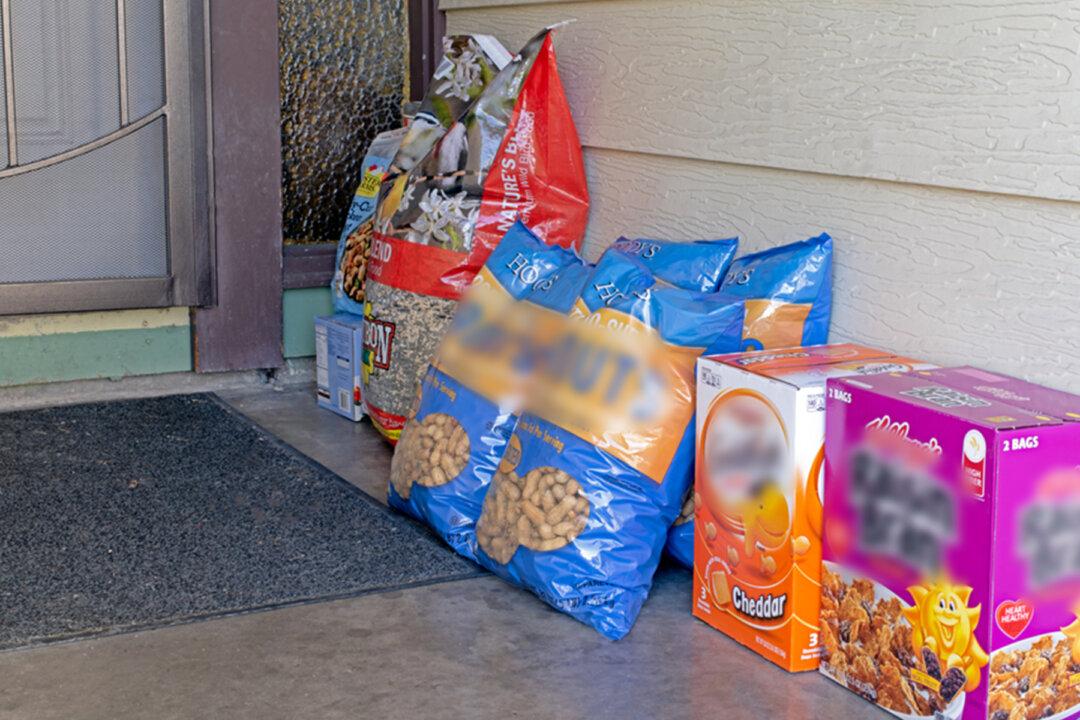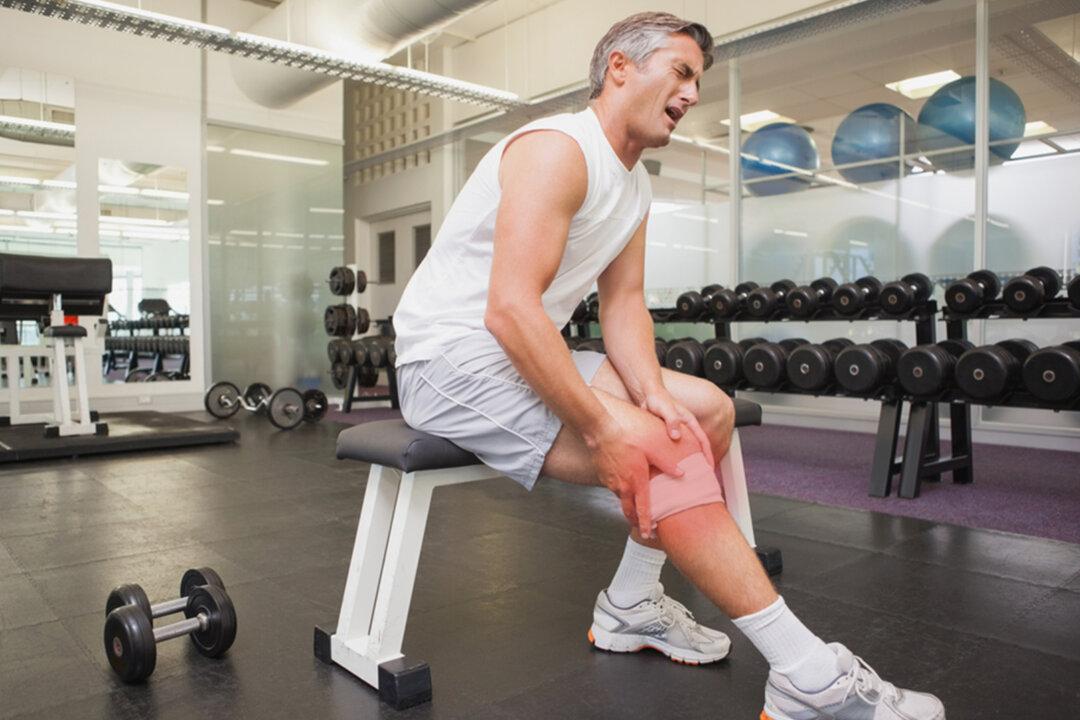A landlord in Saginaw, Michigan, went above and beyond to help his tenant amidst the CCP virus crisis by not only postponing the rent payment but also delivering groceries to the struggling family’s front porch.
Christina Marie, a mother of four young children, shared a picture on social media on April 6, 2020, of bags of food, gallons of milk, and boxes of diapers on her porch.





